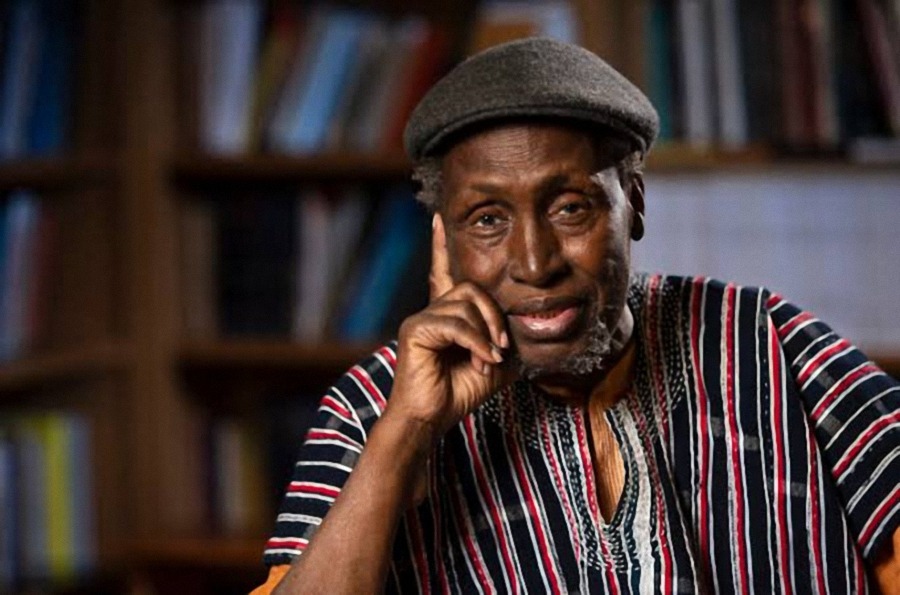
An essential figure of post-colonial thought, the Kenyan Ngũgĩ wa Thiong'o leaves behind a literary and essayistic oeuvre marked by the firm conviction that decolonisation cannot be completed without a profound cultural revolution. His choice of Kikuyu, his mother tongue, over the English imposed by the British Empire, was not only an aesthetic or identity-based decision, but a political declaration: to recover one's own voice as a form of emancipation. A recent report in rfi.fr entitled Ngũgĩ wa Thiong'o: le Kikuyu comme arme contre l'Empire britannique, takes us into the life journey of an author whose constant smile did not hide his ideological firmness and his faith in the power of African languages to rewrite history from the South.
With contributions from Senegalese novelist Boubacar Boris Diop, researcher Maëline Le Lay and professor Nathalie Carré, the report traces Ngũgĩ's radical legacy in the African intellectual landscape. His radicalism - as Diop points out - was expressed not only in his political positions, but also in the coherence between thought and action, placing language at the heart of any liberation struggle. This audiovisual tribute offers an intimate and combative look at a voice that, without renouncing literature, never ceased to question the structures of colonial power.
To listen, click here.
Source: rfi.fr | 06-06-2025
